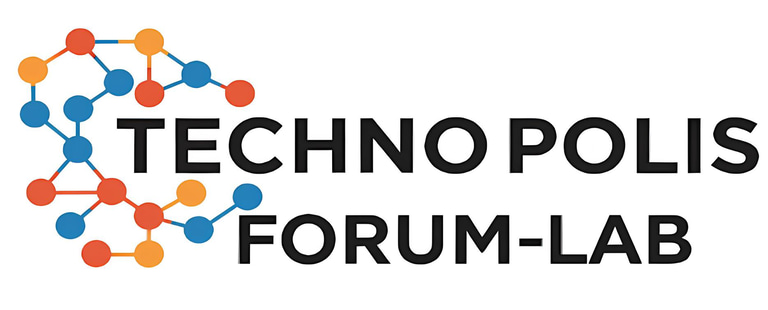If Italians See the Digital World as a Free Lunch
OP-EDS
Stefano da Empoli * Co-Founder Techno Polis
11/10/20253 min read
Italy has not stood still on the arduous road toward digitalization; on the contrary, it seems to have accelerated its pace in recent years. In 2024, 88.1% of Italian citizens used the Internet every day, 55% used online banking, and 41.9% bought products online. This progress, partly driven by the pandemic, marks a significant step forward: daily Internet use rose by 11.7 percentage points since 2020, and online banking by as much as 15.5 points. E-commerce saw a smaller increase, just 10.4 points, but at almost twice the growth rate of the European average over the same period (+6.4 points). The gaps with the EU average have narrowed substantially, from 9.4 to 3.6 percentage points for daily Internet use and from 18.2 to 12.2 for online banking. The e-commerce gap remains considerable (17.3 points in 2024), but after having stayed constant or even widened until 2020, it has begun to shrink markedly.
Beyond continuing to close the gap with other EU countries as quickly as possible, the real issue now seems to lie elsewhere, as shown by some data from the latest annual report on next-generation networks and services published by the Institute for Competitiveness (I-Com). For instance, in collaboration with Bytek, a company specializing in proprietary artificial intelligence (AI) solutions such as online trend analysis, I-Com examined AI-related online search trends in Italy, Germany, France, Spain, and the United States, focusing on technology use and education.
Adjusting for population differences, Italy ranks mid-table in AI use-related searches (313.2 per 100,000 inhabitants in 2024, compared with 786.2 for the US, the clear leader, and 12.5 for Spain, at the bottom). Yet Italy tops the chart for searches for free AI applications, far surpassing Germany and leaving all other countries behind. There is nothing wrong, of course, with Italians’ efforts to save money, at least when done legally. What is worrying, however, is another finding: when it comes to searches about AI education and training, Italy ranks last, while the US and Spain lead the group.
This aligns all too well with Italy’s still-low level of basic digital skills: according to the most recent EU statistics (unfortunately from 2023), only 45.8% of Italians possess them, compared with an EU average of 55.6%. It is no coincidence that Spain, at 66.2%, ranks seventh, above all other major EU countries and even Estonia, often cited as a flagship example of digital transformation in Europe. Nor is it by chance that Spain has a far higher proportion of university graduates or that its economy, according to this year's forecasts, is set to grow almost six times faster than Italy’s (+2.8% vs. +0.5%).
Not that Italy has done nothing: I-Com recorded 1,143 AI-related university offerings for the 2025/26 academic year, including individual courses, full degree programs, master’s, and PhDs. Still far short of what’s needed, but, as entrepreneur and early AI educator Armando Sternieri remarked during the report’s presentation, “you can’t make a wedding without flour.” Without a serious reform of academic recruitment and with PNRR funds drying up, Italy risks sliding backward instead of making a real leap forward. But everyone must do their part.
In a recent survey by I-Com and Confindustria’s Small Industry division, 87% of companies already using AI said they viewed its effects as very positive or at least positive, 13% saw no impact, and none reported negative results. Yet only 12% had initiated training programs, though 62% said they planned to. Similar patterns emerge regarding digital infrastructure: while I-Com expects Italy to meet upcoming European targets, one question remains, will Italians actually use these new resources? And will they only do so if telecom operators offer them at rock-bottom prices?
No one disputes Italians’ desire to save, especially in the face of stagnant or shrinking real wages. But when it comes to Italy’s future, the vicious circle we are in is deeply worrying. In trying to cope with a present marked by economic frustration, we are effectively choosing not to invest in a better tomorrow. It is like sawing off the brittle branch on which we sit, instead of nurturing the tree. After the temporary high provided by PNRR funds, which made us forget about these structural constraints, the awakening may prove bitter indeed. That is why we must wake quickly from a dream that risks turning into a nightmare and confront our challenges decisively. Because, however much the Internet has accustomed us to finding what we want for free, or at least without paying in money, we should all, especially those who govern us, realize that the digital revolution is not a free lunch.
Engage • Educate • Innovate
Techno Polis, your Partner in Technology, Policy, and Innovation.
Privacy Policy
© 2026. All rights reserved.
Receive our insights
Get in touch and join our Forum
